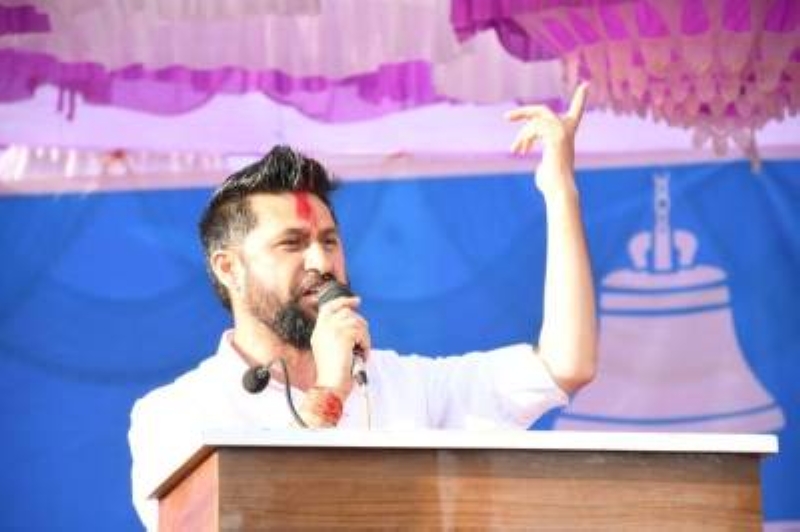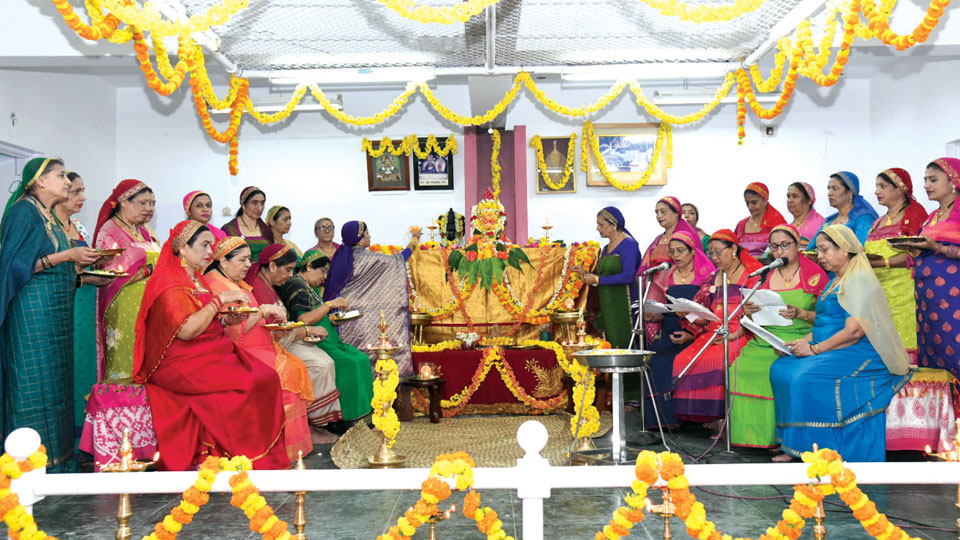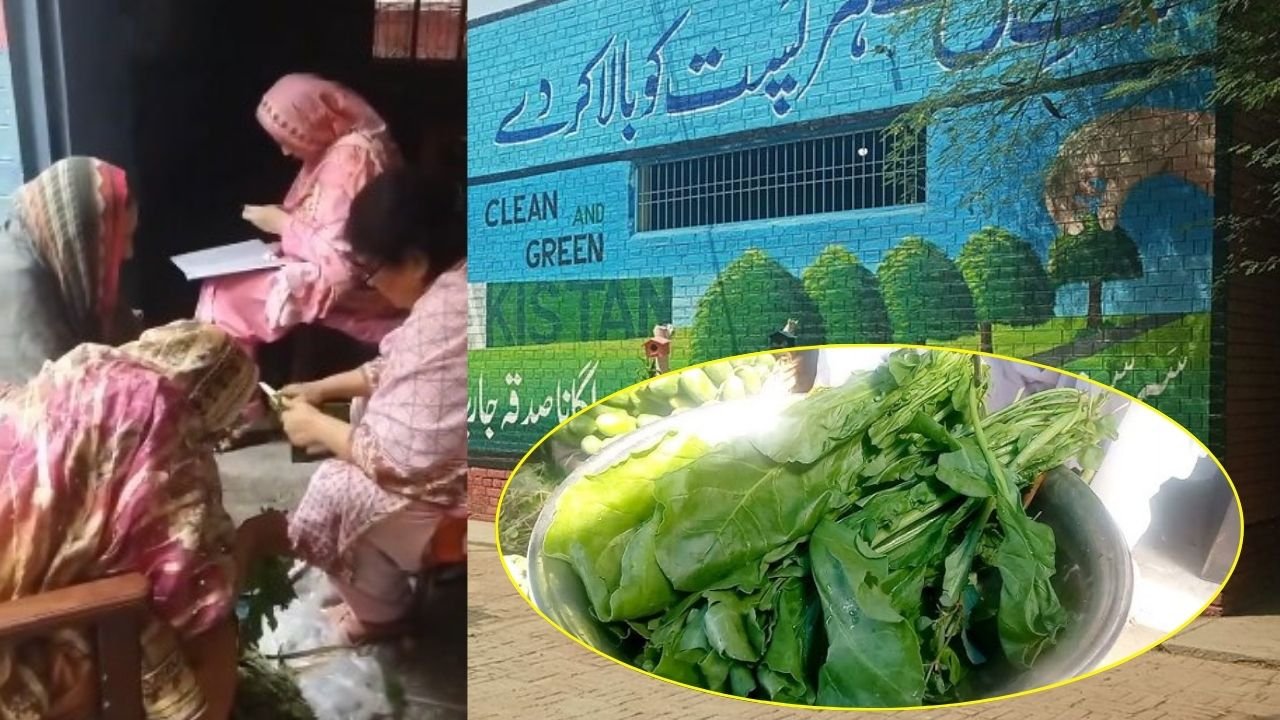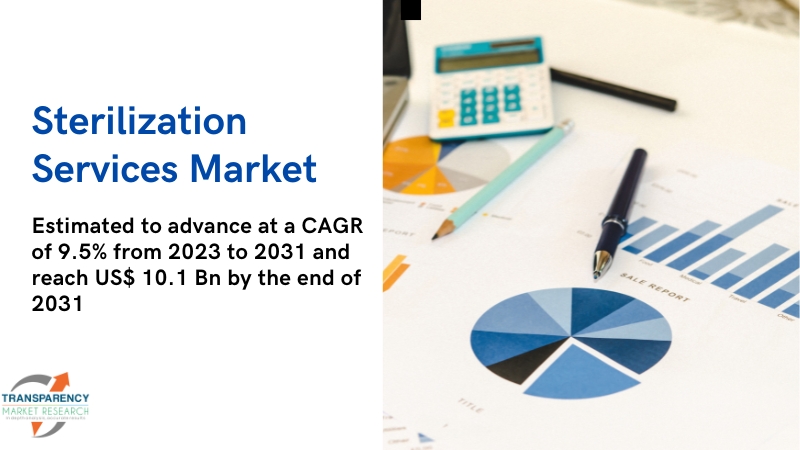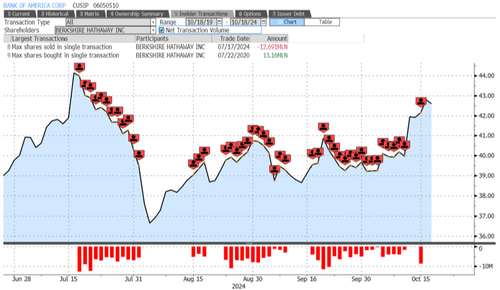
Buoyed by a spike in video consumption on Spotify, the Swedish audio streaming platform is ready to deliver more value to brands looking to advertise their offerings to potential customers in India by allowing for multi-format commercials. As Spotify allows users to seamlessly transition between listening to a song and watching its video, it can make ad offerings available in video format, along with the pre-existing audio form. ‘Making lot of investments around video consumption’ “We’re making a lot of investments around video consumption on the platform.
We’ve seen a 94% increase in terms of time spent on video on Spotify this year in India and we have a great video offering in the market, coupled with the audio business that we’re trying to build, so there is an opportunity for us to be talking multi-format with a lot of marketers that we’ve been engaged with,” Lee Brown, vice-president, global head of advertising, Spotify, told Mint in an interview. Brands can leverage video ads to reach potential customers when they are engaging directly with the screen, and the commercial can switch to audio format when the device is locked or the user may be wearing headphones. Overall, Spotify has seen a 94% increase in time spent on video on the platform in India, including music clips, video podcasts and so on, in 2024, compared to last year.
Also Read: Indians are all ears to non-film tracks on Spotify Arjun Kolady, head of sales, Spotify India, said that the company has done a bunch of research measurements across a number of countries that it operates in and has witnessed a significant increase in engagement when advertisers focus on the audience rather than the format. “Brands are often thinking audio first since Spotify is an audio platform. We’re trying to tell them that we have a highly engaged urban youth population residing in top Indian cities and our job for them is to reach that consumer irrespective of the touchpoint they have with Spotify,” Kolady said.
For instance, video comes handy when the user is engaging with the screen, or is on the Spotify app and looking at it. On the other hand, audio can help when the person is off screen that may be locked with headphones plugged in, or in places where traditionally video wouldn’t reach, like the car, or a home theatre system or a gaming console, he added. “India is a video-first market, all advertisers who’ve tried our video product have been pleasantly surprised because that’s not the most obvious thing you’d do on Spotify,” Kolady said.
He added that India has been one of the fastest growing ads businesses for Spotify globally and continues to maintain strong growth rates. Also Read: Spotify is working on a new TikTok-like remixing feature. Here's how it will work According to financial intelligence firm Tofler, Spotify India advertising revenue grew 91% in the financial year ended March 2023 to Rs.
63 crore. To be sure, with Bharti Airtel folding up its Wynk Music app, the audio industry in India is on the cusp of a major disruption with the market having reached a stage of maturity where it’s turning away from the free model, experts feel. Companies will have to push for paid subscriptions to monetise the business and depend less on advertising.
And, as price hikes by YouTube Premium show, greater focus will be required on differentiating one app from another, whether it is product and user experience, payment mechanisms or supporting independent artistes creating exclusive content. As of now, Spotify sees both advertising and paid subscriptions contribute equally to the overall revenue mix in India. However, Brown said there is much that makes the country unique.
First, the sheer size of India is compelling and differentiated from other markets globally, making for scale that is hard to match around the world. Second, the diversity of languages, cultures and content leads to an opportunity for targeting and segmentation as far as advertising goes. Also Read: Spotify takes on YouTube with new music videos feature.
Here's how it works Time spent on Spotify in India stands at an average of 2.2 hours per user per day. When the service launched in India five years ago, media and entertainment brands were the primary advertisers, but over time, tech, FMCG and e-commerce have also seen value with newer categories like travel, finance and auto emerging as well, Brown said.
That said, challenges remain. “Unlike many of our large global markets, in India audio is not something that is a prevalent media practice. Radio, for instance, makes up 1-1.
5% of overall media spend. Whereas in other markets, there is an existing pool of money for audio. Our responsibility is to build the ecosystem and take it to its rightful place in the overall media mix,” Kolady added.
.



